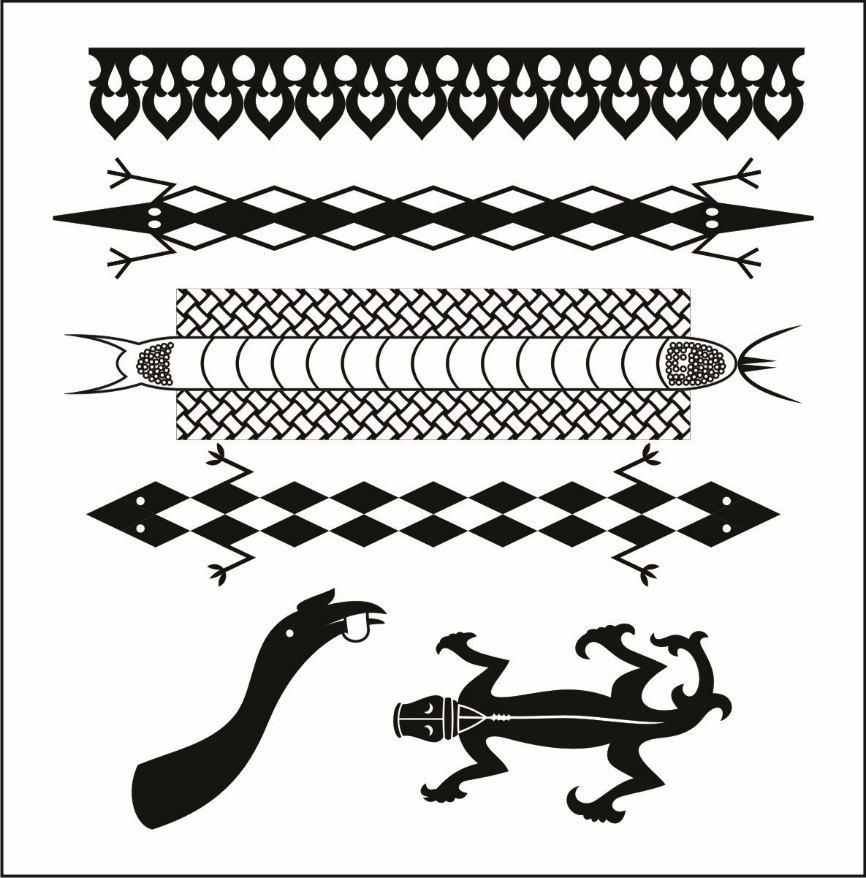
Information about the Karo Tribe
About the Karo Tribe
Name: Karo Tribe
Location: North Sumatra, Indonesia
Language: Karo Language
Religion: Predominantly Protestant Christianity
Culture: The Karo Tribe is known for its rich agrarian culture and strong traditional customs.
Traditional Foods
- Arsik: Traditional Karo dish made from carp fish cooked with Karo spices.
- Urap: Karo salad consisting of boiled vegetables mixed with grated coconut and Karo spices.
- Leker: Snack made from a mixture of rice flour and sugar.
Traditional Dances
- Serampang Duabelas Dance: Traditional Karo dance depicting unity and joy.
- War Dance: Dance depicting traditional Karo battles.
Traditional Attire
The traditional attire of the Karo Tribe consists of ulos (traditional cloth) with symbolic motifs.
